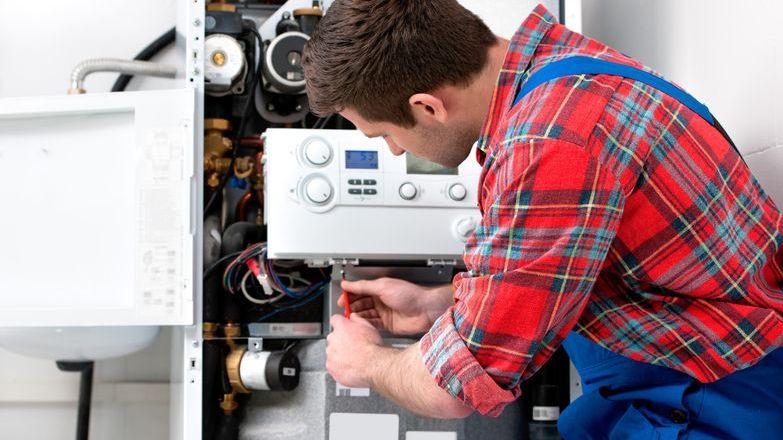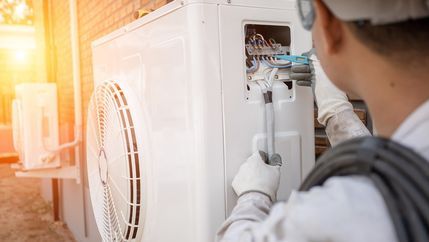
The Boiler Upgrade Scheme (BUS) was launched on 1 April 2022, and from then until the end of May 2025, just over 54,000 installations were completed, with the vast majority being air source heat pumps. Nearly 20% of grants have gone to properties with LPG or oil-fired heating, and 15% to homes where there was no previous heating system.
Figures from DESNZ show the mean cost of installing an air source heat pump is £13,000. The maximum BUS grant is currently £7,500.
Key sector challenges
Around 48% of homes in England fall below EPC C, with a particularly high concentration of these in the private rented sector (PRS). In total, more than 2.6 million privately rented properties in England and Wales require substantial improvements to meet minimum energy efficiency standards. However, the cost of such upgrades is often out of reach for landlords, many of whom operate small portfolios and rely on rental income to manage rising mortgage rates and maintenance costs.
This financial pressure has already led a third of landlords to consider selling properties in the next five years, with the likely consequence that many of these homes will not return to the private rented sector. As home ownership remains unaffordable for many — average house prices in England are more than seven times the average salary — this risks reducing supply further and exacerbating the housing crisis.
Current BUS is falling short
Despite the urgent need for retrofitting, the BUS has had a limited impact. Propertymark warns that if the UK Government is serious about improving energy efficiency across the sector, then it must consider alternative funding and grant schemes that more effectively support landlords to meet their obligations.
Currently, the narrow focus on specific technologies—primarily air source heat pumps—does not reflect the varied property types and challenges across the rental sector. Many homes, such as flats within blocks or properties in coastal locations, are simply not suitable for heat pumps due to space constraints or risk of equipment corrosion. Moreover, the benefits of installing heat pumps are often offset by higher electricity prices, which can lead to increased energy bills and lower EPC ratings.
Broaden coverage and increase funding
We recommend expanding the range of technologies covered by the BUS and increasing the amount of funding available. In a survey of our members, agents reported that the grant amount was insufficient to make installation viable for many landlords. A more flexible approach—offering support for smaller, more cost-effective improvements—could lead to wider uptake, particularly if the process is simplified and landlords are permitted to count access to the scheme as an exemption from further MEES obligations.
While the response places emphasis on the private rented sector, it also recognises the importance of helping owner-occupiers to improve energy efficiency in their homes. Propertymark expresses broad support for proposals to fund air-to-air heat pumps and other electric heating technologies but insists that grant levels must be significantly increased, ideally covering at least 80 per cent of installation costs, with means testing available to support those in greatest need.
Flexible financing
Propertymark also supports giving consumers more options, such as hire-purchase or conditional sale agreements, which could enable landlords and homeowners to trial new systems without committing to the full cost upfront. However, we stress that appropriate safeguards must be in place—particularly when third-party ownership is involved—to ensure consumer protection, prevent repossession without warning, and uphold minimum standards through regulation and certification.







